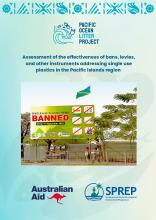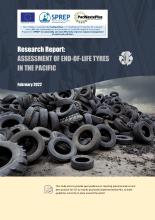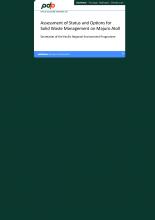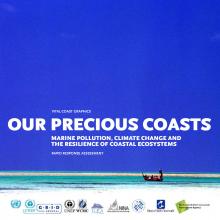Social Impact Assessment Guidelines for Thriving Regions and Communities

Environmental Governance
Available Online
These guidelines provide a practical approach to Social Impact Assessment (SIA). They are designed to help readers learn the basics about how to conduct an SIA, contribute to an SIA, use the results of an SIA, and judge if an SIA is fit for purpose. When writing the guidelines, we have assumed that readers may have little or no prior experience with SIA. The need for guidelines for SIA became apparent during our research with regional communities experiencing the social impacts of economic regeneration projects, including infrastructure, housing, irrigation, tourism and heritage conservation. During our work, we encountered many community leaders who were keen to learn how to assess the social impacts of the plans they design, how to take this information and use it to make decisions, and then, overtime, evaluate the outcomes for communities. When writing and testing the guidelines, we drew on our own professional expertise in SIA, and the experiences of potential guideline users including: community organisations, iwi members, central government agencies, local government economic development and planning professionals, infrastructure providers, sector groups, evaluation practitioners, consultancies, students, and academics. We also drew on the ideas of practitioners of SIA in conferences and training sessions1 , and other invaluable sources that are listed in the Annexes. SIA looks at the potential impacts of change proposal, focusing on who is affected, where and how, and what might be done to improve the results in the short, medium, and long-term. We expect that the guidelines will be useful for anyone proposing changes that affect people and communities, as well as those experiencing social impacts.







